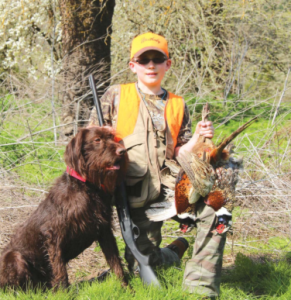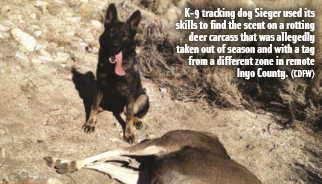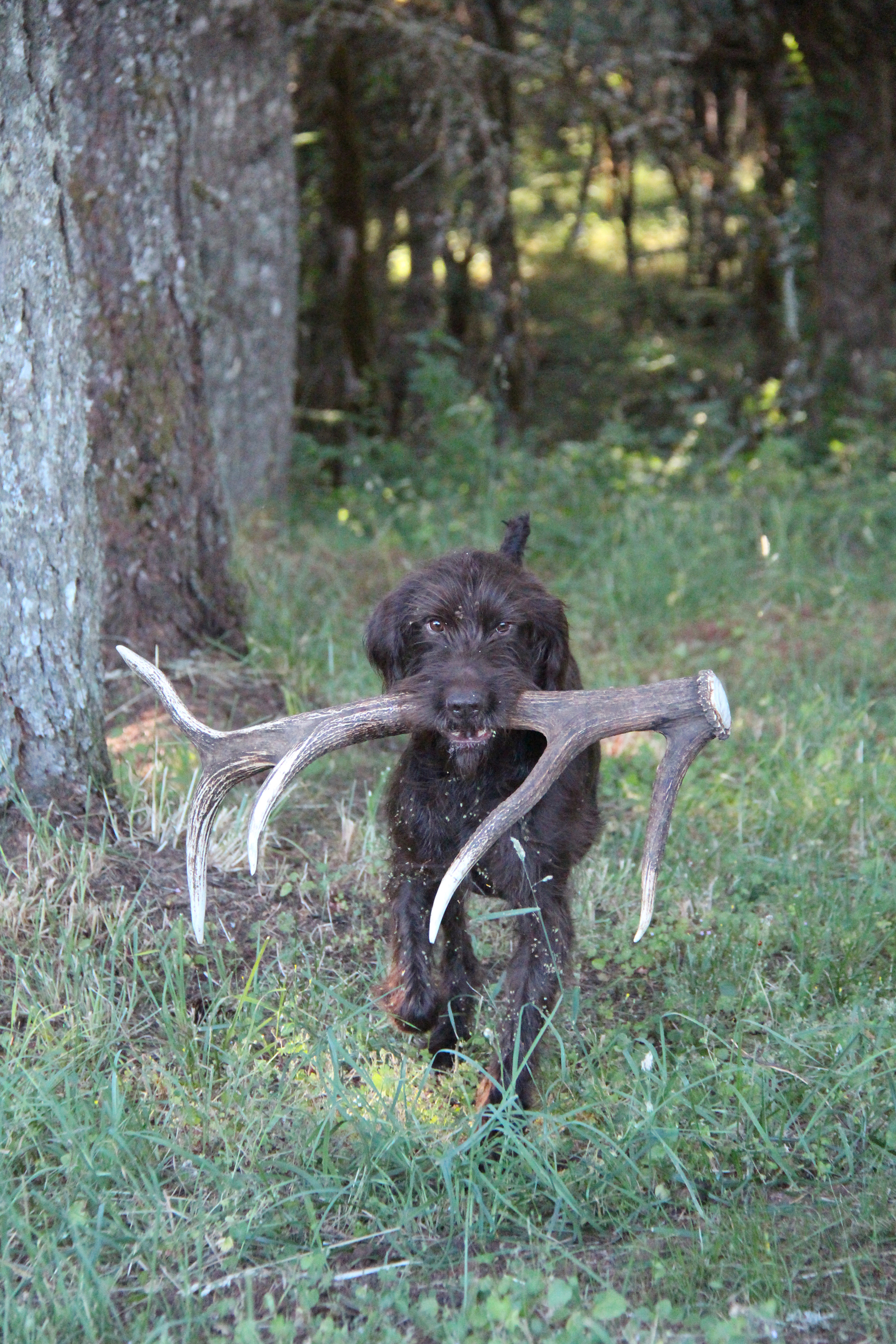The Smart Canine Shopper
WANT TO GET A HUNTING DOG? PICK THE RIGHT BREED, NOT THE CUTEST PUPPY
–By Scott Haugen
I never had a hunting dog while growing up. I wanted one, but with my dedication to athletics, trapping, fishing and forms of hunting that didn’t require a dog, I didn’t think I could take on another responsibility.
What bird and bear hunting I did with friends quenched my thirst to own a hunting dog – at least until I got older.
When our sons were born, I was anxious to see if they took an interest in hunting, the type of hunting that would require a dog. For the first 12 years of their lives, I was on the road a lot as I pursued a full-time outdoor career hosting TV shows, writing and speaking. When he turned 11, our oldest son went on a pheasant hunt and loved the dogs. A couple weeks later, our 9-year-old son expressed the same interest after an upland bird hunt. For the first time in my life, the search for a hunting dog began.
Over the course of the next two years, I talked with lots of hunters, dog trainers and anyone else I could find who had experience with bird dogs. The family also went on multiple bird hunts behind a variety of dog breeds. Everyone had good advice that helped our family decide on what kind of dog to get. We’ve had our pudelpointer, Echo, for nearly two years now and our decision couldn’t have been better for our family.
BE SURE IT’S FOR YOU
If looking for your first hunting dog, the initial question you’ll want to ask is, “Do I have the time to dedicate to raising a dog?” Owning a dog is likely going to be a 12-year commitment, hopefully longer. Weigh your lifestyle, career and recreational time and ask yourself if you’re ready to take on the proper responsibilities associated with raising a hunting dog.
You’ll want to settle on a breed that fits your interests and those of

your family. For me, I wanted a dog that hunted upland birds, waterfowl, crows, squirrels, trailed blood and found antler sheds. We also wanted a loving dog that would sleep with the boys at night and offer protection.
You may not want an inside dog. You might only be interested in waterfowl hunting or shed hunting. You may want an upland bird dog. The point is that you’ll want to determine your personal interest and find a dog that matches.
TRAINING DAYS
Next, ask yourself how the dog is going to be trained. Are you going to devote the time to training it yourself or hire a professional? The number one concern I hear from professional trainers is about owners who drop off a dog for training, then do nothing with the dog to keep its skills honed. By the time the next hunting season rolls around, the dog has lost many of the disciplines it was taught.
When deciding on a breed, hunt with the breed or breeds you’re considering, if logistically possible. If a friend doesn’t have a dog you can hunt with, consider booking a hunt with a guide who handles the breed you’re considering. You can also call a breeder and ask to spend time with them and their dogs to get an idea of how they work together.
As the time approaches to get a dog, don’t get bit by the puppy bug. All pups of any breed are cute and cuddly, but stick to the breed you want. Like many other potential purchases, don’t buy on impulse; make your decision only after thoroughly studying what breed and gender of dog you want. Remember too that males and females behave differently.
Once you bring your pup home at eight weeks of age, immediately start the discipline process. An undisciplined dog is a training nightmare and the process of communicating and setting expectations for your dog should start the moment you get it.
Prior to the dog’s arrival, be certain you’ll have proper time set aside to start establishing guidelines, introducing it to water and getting it into new environments; six months of dedicated time is a starting point. Do not get the dog days before an extended vacation and leave it with someone else. The dog needs to be with its new family after leaving the litter and getting used to home.
Choosing a hunting dog is a decision that requires time and forethought. Don’t get caught up in buying a dog based on emotion rather than common sense. Determine your interests of what you want in a dog and then make the smart choice. From that point on, your life will forever be changed for the better. CS
Editor’s note: For more on author Scott Haugen, go to scotthaugen.com.



